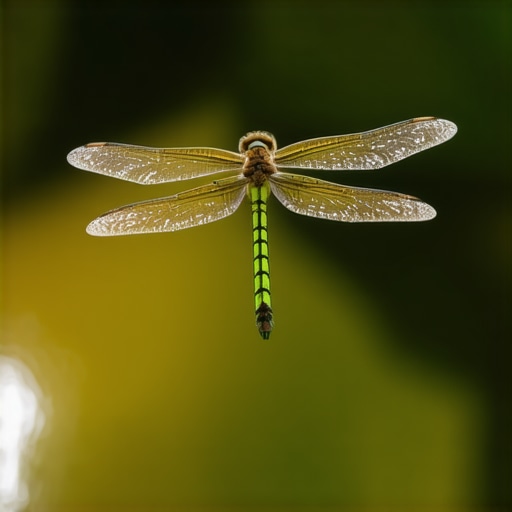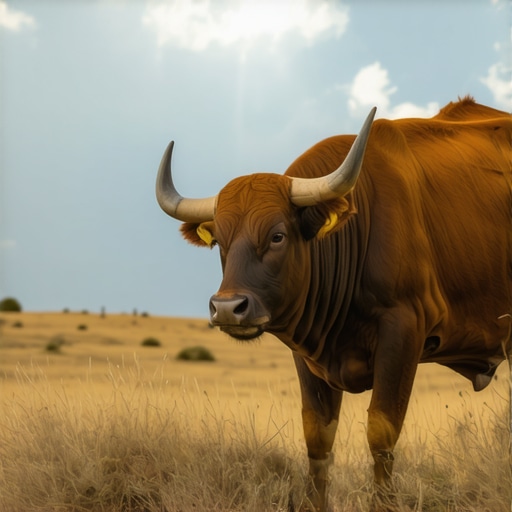Dragonfly Hovering? Why Your 2026 Dreams Signal MaturityDragonfly Hovering? Why Your 2026 Dreams Signal Maturity
Introduction: The Ethereal Messenger in Your Sleep In the landscape of modern dream interpretation, few symbols carry the delicate weight of the dragonfly. If you have found yourself waking up


